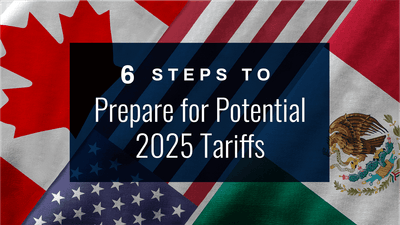October 13, 2014 | Customs Bonds
Effective October 1, 2014, LA/LB Seaport to Modify Enforcement Posture on ISF No-File Shipments

Per CBP CSMS #14-000520, effective October 1, 2014 the LA/LB Seaport will modify their enforcement posture for ISF no-file shipments. Per the statement, “CBP will continue to place manifest holds on all cargo (full container loads and consolidated loads) that does not have an ISF on file, 72 hours before vessel arrival at the LA/LB Seaport. CBP will manually monitor the existing holds to ensure the ISF information has been filed.” (Emphasis added. Previous policy used 48 hours prior to vessel arrival as the trigger.) Additionally, based on the ISF information filed, CBP will determine if additional enforcement measures are in order. This could include assessment of Liquidated Damages against those who have a history of failing to file required ISF information.
Roanoke strives to bring you the most recent, up-to-date information regarding ISF enforcement. Should you have any questions, we invite you to contact Dave Jordan at dave.jordan@roanokegroup.com.













